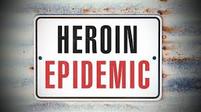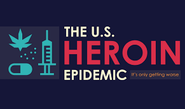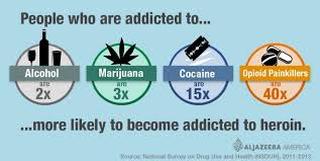PERSONALIZED ADDICTION TREATMENT
"PLANT THE SEED.
IT MAY GIVE YOU FRUIT IN A YEAR - IT MAY GIVE YOU FRUIT IN TEN YEARS
INEVITABLY YOU WILL GET FRUIT."
MY WORK IS TO PLANT THE SEED.
SAMAR TEHRANI
"PLANT THE SEED.
IT MAY GIVE YOU FRUIT IN A YEAR - IT MAY GIVE YOU FRUIT IN TEN YEARS
INEVITABLY YOU WILL GET FRUIT."
MY WORK IS TO PLANT THE SEED.
SAMAR TEHRANI







